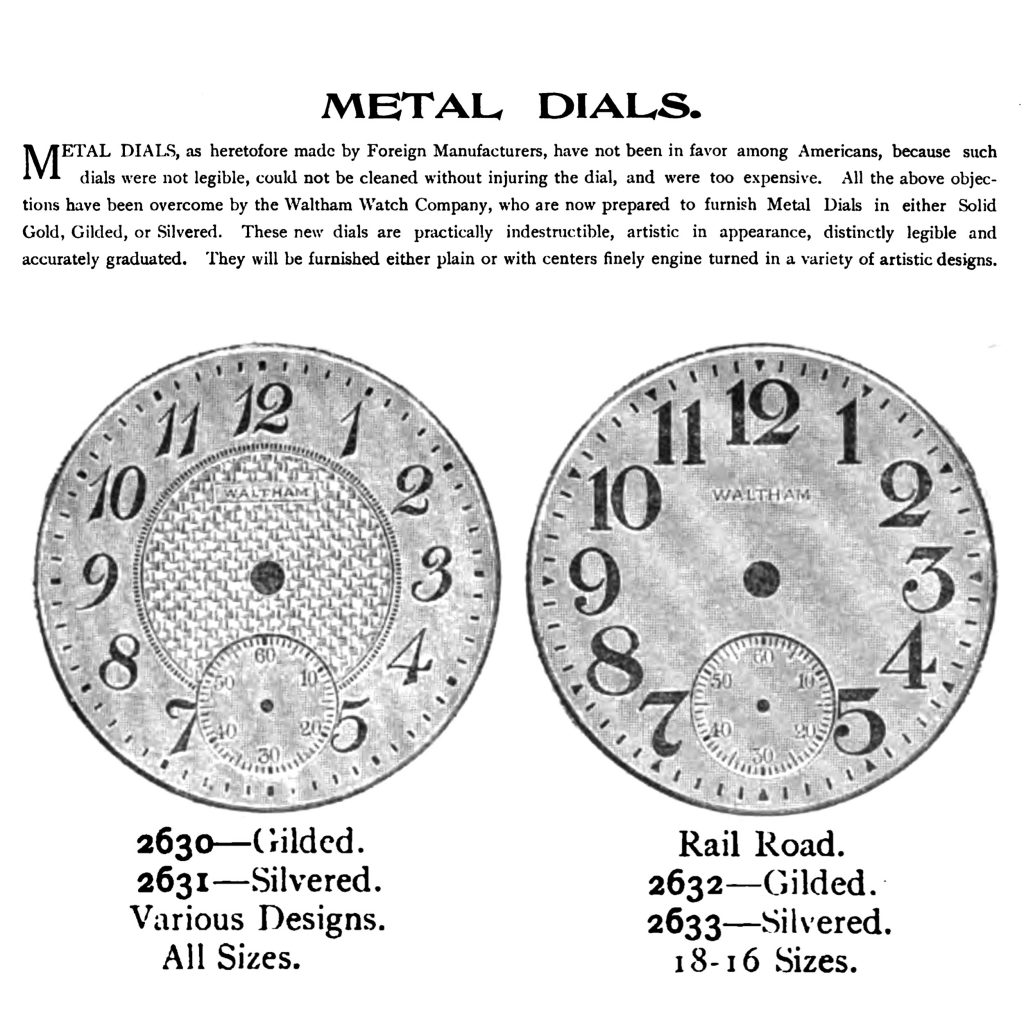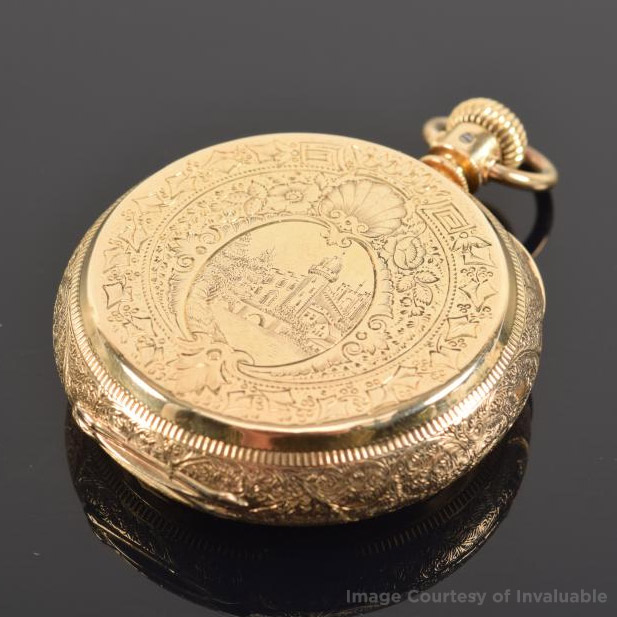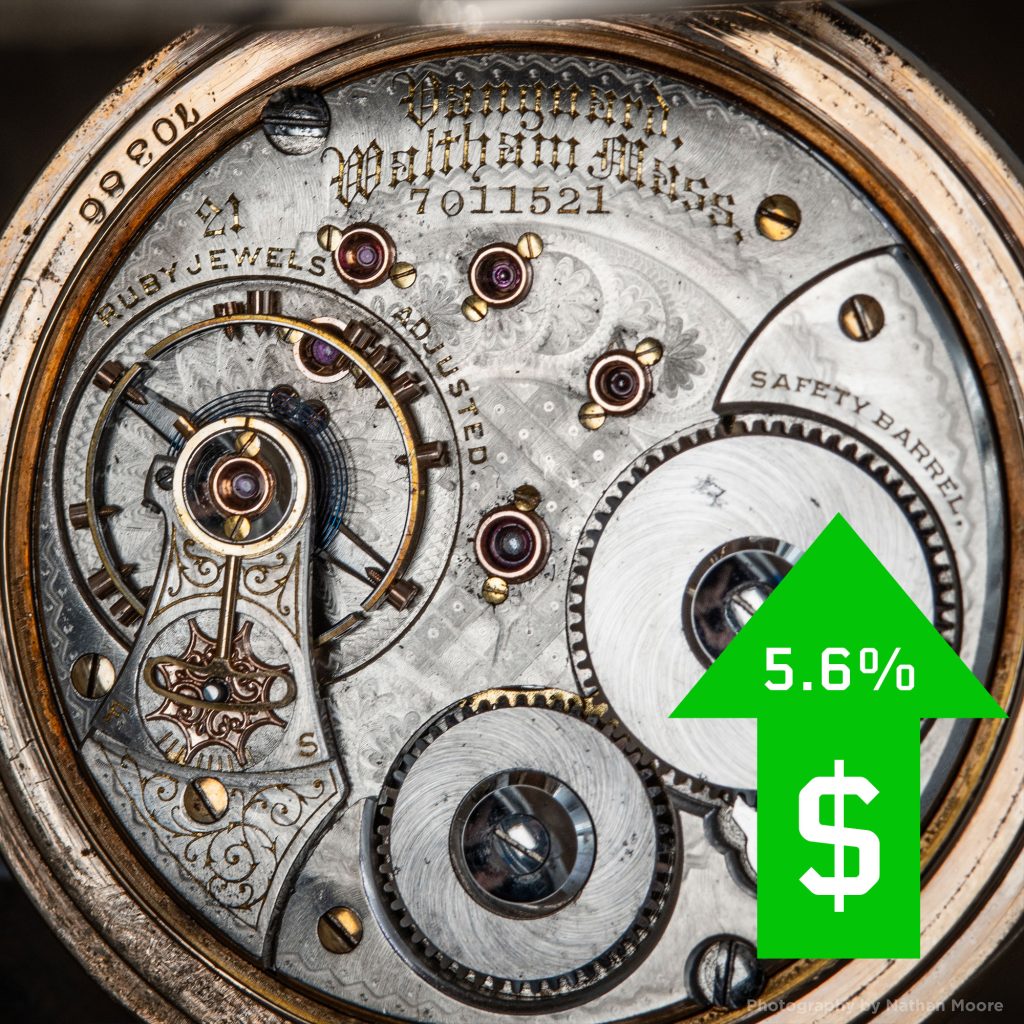9 Tips To Protect Yourself From Scammers When Buying Watches Online

Scammers will use every trick imaginable to extract money from unsuspecting watch collectors. The frequency of these scams has recently increased on social media platforms like Facebook.
Use the following tips to prevent yourself from becoming a victim of these scams.
- Do not buy watches online. This is the easiest and most obvious first tip. Refusing to purchase watches online will guarantee that you will not be scammed online. Visit pawn shops, antique stores, and NAWCC meets to purchase watches that you can inspect in person. There are plenty of dishonorable characters in those venues as well – so due diligence is still required – but at least you will not be left with an empty bag with no recourse.
- Buy watches from reputable sources. Auction houses specializing in horological items (like Jones & Horan) ensure that items are described accurately and that customers receive what they purchase. Other reputable online retailers offer watches for sale as well. Just make sure to check public reviews of the company before handing over any money. While you might pay a premium, you will circumvent the most frequent online scams.
- Only make purchases when you have viable recourse. One way scammers can get away with stealing money after a “purchase” is by using techniques that lead a buyer into a situation with a lack of viable recourse. This usually involves payment methods like Venmo, Facebook, or PayPal Friends & Family. In contrast, when purchasing on eBay, if you do not receive what you pay for, there is reasonable recourse that typically favors the buyer.
- Ask for referrals. Before purchasing from an individual online, ask for a few referrals from others they have sold to. Usually, if they are a legitimate seller, they will be able to provide other members of the community who can vouch for them. If they are unwilling to do this, then run the other way.
- Only pay with buyer protection. One of the key mechanisms used by scammers is convincing you to pay using PayPal “Friends & Family,” Venmo, Facebook Payments, or some other form of payment that does not offer buyer protection. Standard PayPal payments (“Goods and Services”) come with buyer protection, and the seller usually pays a small percentage for this benefit. However, no buyer protection is included if “Friends & Family” is selected. Similarly, standard Venmo and Facebook Payments do not offer buyer protection. If the seller decides to “forget to send your package,” there is nothing you can do when using these payment methods. Always insist on a standard PayPal transaction when buying from an individual, even if you offer to pay a bit extra for buyer protection. If the seller declines this proposed arrangement, steer clear.
- Check eBay for Duplicates. With many online scams, the seller does not even own the watch being promoted. These images are frequently lifted from eBay or other sales venues. Briefly check eBay for identical images in both active and completed auction listings.
- Purchase publicly in established watch communities. Several groups on Facebook allow sales, and initiating a purchase publicly in one of these groups can be a way to fend off potential scams. People who are looking to scam frequently try to make transactions using private messages. It is more difficult to “fly under the radar” when promoting a sale in a public group. Make sure to pair this strategy with a purchase mechanism that offers buyer protection because some scammers are bold enough to post watches for sale in groups.
- Do not respond to private messages offering to sell a watch unless you trust the seller. Scammers will frequently sift through watch groups and send messages to members offering a great deal on a premium watch. Do not respond unless you are familiar with the seller and trust them. When in doubt, post about the contact in an established group to see if they are a trusted member of the community. Never hope for a trustworthy seller if they are contacting you without prior communication.
- Do a reality check. Scammers often price a premium watch much lower than it would typically be sold on the market. This exploits your FOMO response (fear of missing out). If it is too good to be true, it probably is. There are still plenty of deals out there, and sometimes legitimate sellers will undercut the market a bit to make a quick sale. But if the price is too good, make sure you do not see any other red flags. If you do, run the other way.
Scammers typically use the same approach to hook unsuspecting buyers online. First, they will post about a watch in an established watch group – often playing the role of someone who just inherited a watch. Next, they will either try to attract potential buyers to reach out to them or will private message members of the group. Once in a conversation with an interested buyer, the scammer will usually offer the watch for an unreasonably low price and will direct the buyer to pay using Venmo, Facebook Payments, or PayPal Friends & Family. After the buyer submits payment, the scammer blocks all contact methods and looks for the next victim.
There are great watches out there waiting to be added to your collection. Just remember to be smart, keep purchases public, use payment methods that offer buyer protection, and buy from reputable sources.
If you have additional tips, feel free to post them in the comments below.




Nathan,
It’s really only eight points of warning to avoid getting scammed, because you repeated the bit about Venmo, PayPal F&F, etc.
Otherwise, a very useful article. Thanks.
Ken H.
Thanks, Kenneth. #3 was really intended to recommend purchasing only when there is buyer recourse offered by the purchasing venue while #5 was intended to serve as a recommendation related only to the payment method. I should have made that more clear in the article. Thanks for pointing it out.
Hi Nathan, I buy and sell on eBay and it is crazy on there. I have been scammed a few times, the worst case was about $10 grand which I did get reimbursed less a deductible. The scammers are really smart, they can take over an account that has very good feedback and sell stuff they don’t have and disappear. They ship packages that are empty but have have a small slit in them to make it appear the item fell out. Also had them hack into the shipping system so they could change the “ship to” address. The address was vacant house and they made the pickups on a regular basis. Even if the seller buys insurance, it protects the seller, not the buyer. If the seller does not cooperate i.e. file claims and do all the paperwork, the buyer may be out of luck. Thanks for the article, we all need to be aware and learn from each other.
This is a good article for first time buyers like me only I’m smarter than the scammers as I’ve received every watch I’ve ordered. I would have to say that of all the 85 watches I have a good twenty of them don’t work. Now I bought those on purpose to work on them and first order of business is operation. Then looks. Thank you Sir for a good article. I am a member of the database.